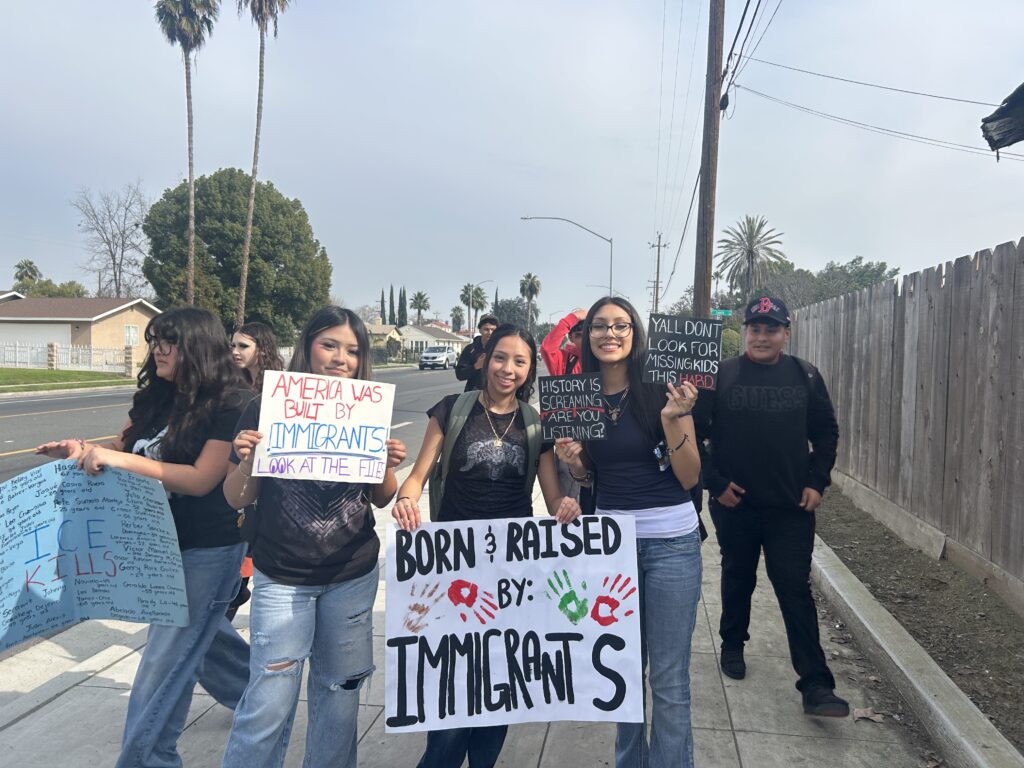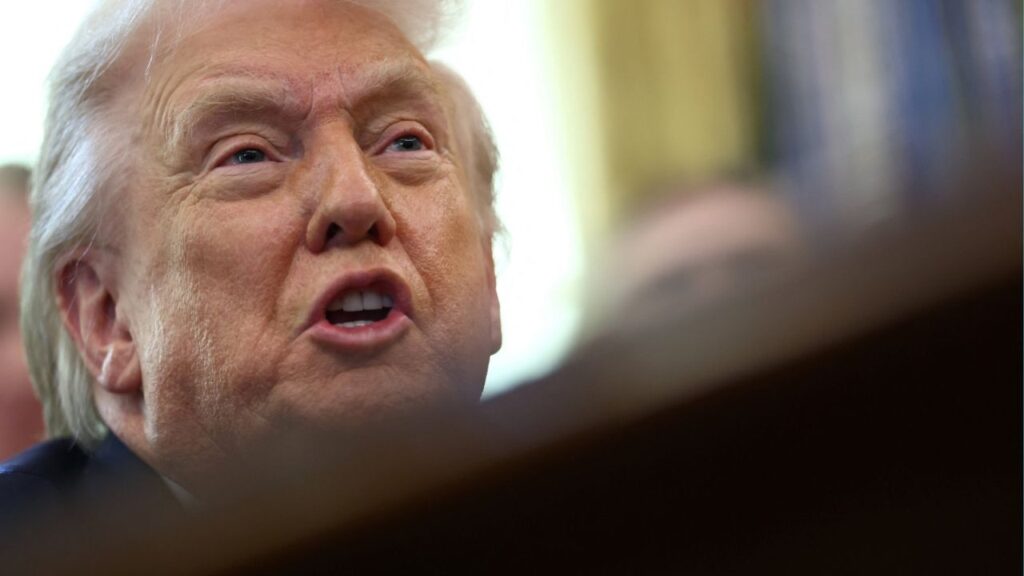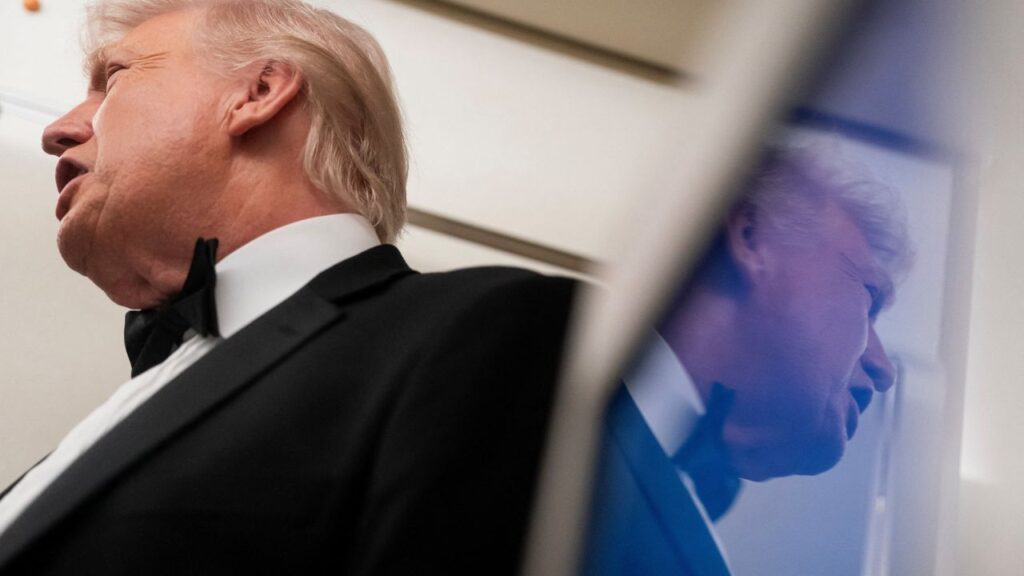Share
Moderna said Monday its COVID-19 vaccine is proving to be highly effective in a major trial, a second dash of hope in the global race for a shot to tame a resurgent virus that is now killing more than 8,000 people a day worldwide.
The company said its vaccine appears to be 94.5% effective, according to preliminary data from Moderna’s ongoing study. A week ago, competitor Pfizer Inc. announced its own COVID-19 vaccine appeared similarly effective — news that puts both companies on track to seek permission within weeks for emergency use in the U.S.
The results are “truly striking,” said Dr. Anthony Fauci, the U.S. government’s top infectious diseases expert. Earlier this year, Fauci said he would be happy with a COVID-19 vaccine that was 60% effective.
A vaccine can’t come fast enough, as virus cases topped 11 million in the U.S. over the weekend — 1 million of them recorded in just the past week — and governors and mayors are ratcheting up restrictions ahead of Thanksgiving. The pandemic has killed more than 1.3 million people worldwide, over 245,000 of them in the U.S.
Dr. Stephen Hoge, Moderna’s president, welcomed the “really important milestone” but said having similar results from two different companies is what’s most reassuring.
“That should give us all hope that actually a vaccine is going to be able to stop this pandemic and hopefully get us back to our lives,” Hoge told The Associated Press. He added: “It won’t be Moderna alone that solves this problem. It’s going to require many vaccines” to meet the global demand.

There Will Be Limited, Rationed Supplies Before the End of the Year
The National Institutes of Health helped create the vaccine Moderna is manufacturing, and NIH’s director, Dr. Francis Collins, said the exciting news from two companies “gives us a lot of confidence that we’re on the path towards having effective vaccines.”
But “we’re also at this really dark time,” he warned, saying people can’t let down their guard during the months it will take for doses of any vaccines cleared by the Food and Drug Administration to start reaching a large share of the population.
If the FDA allows emergency use of Moderna’s or Pfizer’s candidate, there will be limited, rationed supplies before the end of the year.
Both vaccines require people to get two shots, several weeks apart. U.S. officials said they hope to have about 20 million Moderna doses and another 20 million doses of the vaccine made by Pfizer and its German partner BioNTech to use in late December.
Exactly who is first in line is yet to be decided. But Health and Human Services Secretary Alex Azar said the hope is that enough doses are available by the end of January to vaccinate adults over 65, who are at the highest risk from the coronavirus, and health care workers. Fauci said it may take until spring or summer for enough for anyone who is not high risk and wants a shot to get one.
Another important message: Additional vaccines that work in different ways are still in testing — and despite the promising news about Moderna’s and Pfizer’s shots, more volunteers are needed for those studies.
All 11 Severe COVID-19 Cases Were Among Placebo Recipients
Stocks opened higher on the news on Wall Street. Moderna was likely to hit an all-time high. Markets in Asia and Europe were up sharply as well.
Moderna’s vaccine is being studied in 30,000 volunteers who received either the real thing or a dummy shot. On Sunday, an independent monitoring board examined 95 infections that were recorded after volunteers’ second dose, and they discovered all but five illnesses occurred in participants who got the placebo.
The study is continuing, and Moderna acknowledged the protection rate might change as more COVID-19 infections are detected. Also, it’s too soon to know how long protection lasts. Both cautions apply to Pfizer’s vaccine as well.
But Moderna’s independent monitors reported some additional, promising tidbits: All 11 severe COVID-19 cases were among placebo recipients, and there were no significant safety concerns. The main side effects were fatigue, muscle aches and injection-site pain after the second dose.
The Cambridge, Massachusetts, company’s vaccine is among 11 candidates in late-stage testing around the world, four of them in huge studies in the U.S.
Both Moderna’s shots and the Pfizer-BioNTech candidate are so-called mRNA vaccines, a brand-new technology. They aren’t made with the coronavirus itself, meaning there’s no chance anyone could catch it from the shots. Instead, the vaccine contains a piece of genetic code that trains the immune system to recognize the spiked protein on the surface of the virus.
Another steep challenge: distributing doses that must be kept very cold. Both the Moderna and Pfizer shots are frozen but at different temperatures. Moderna said that once thawed, its doses can last longer in a refrigerator than initially thought, up to 30 days. Pfizer’s shots require long-term storage at ultra-cold temperatures.
Pfizer CEO Albert Bourla tweeted that that he was thrilled at Moderna’s news, saying, “Our companies share a common goal — defeating this dreaded disease.”
RELATED TOPICS:
Categories
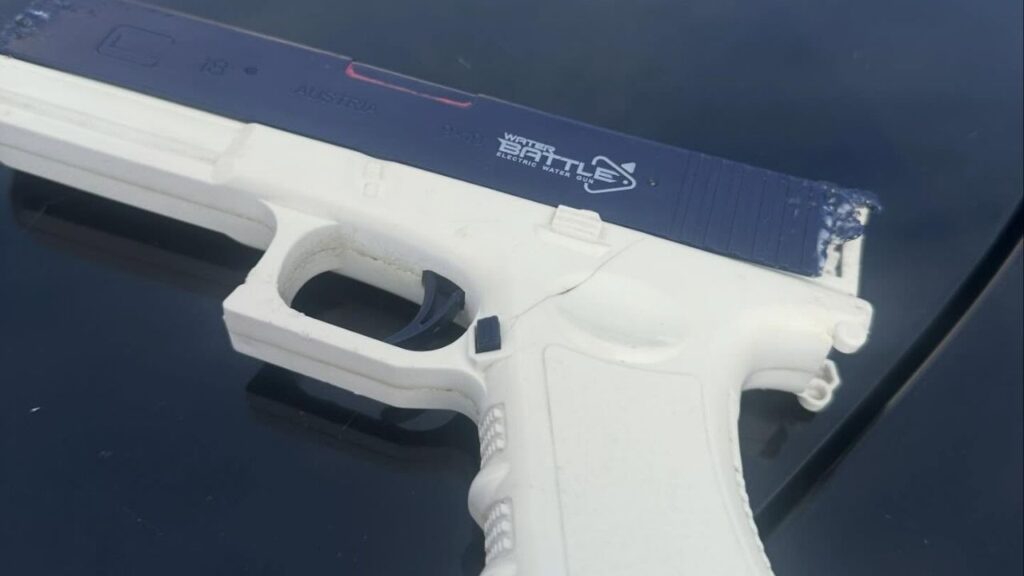
Teen Arrested at Visalia Mall After Firearm Report
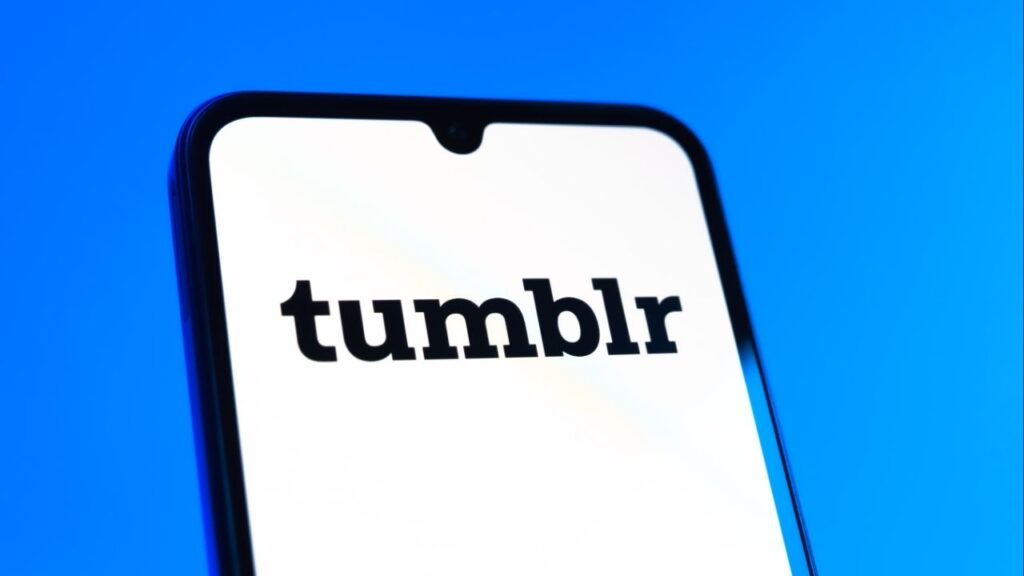
Tumblr Goes Down for Thousands, Downdetector Reports






